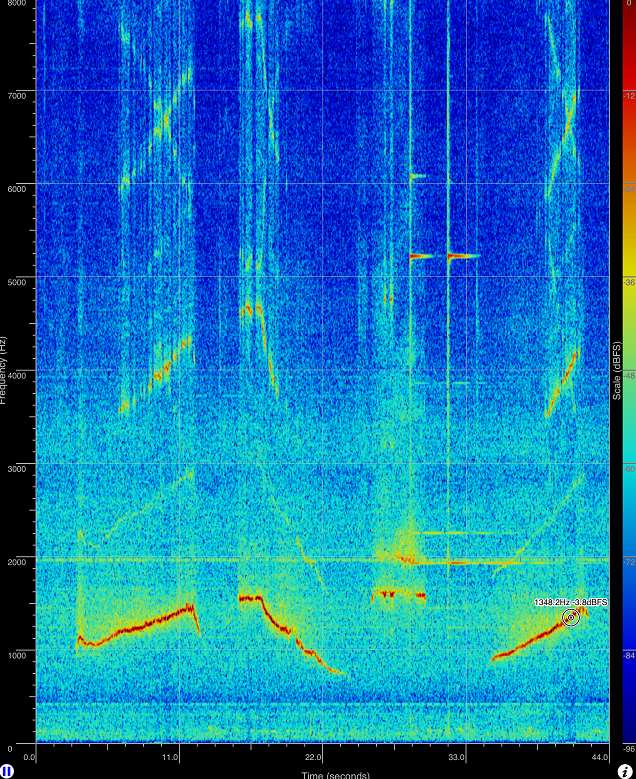Welcome to Physics 123 / 253
 |
OverviewResearch at the frontier in physics and other fields often deals with signals which are buried in random noise and systematic error. This course will cover techniques of experiment design, measurement, and analysis designed to avoid systematic error and optimize signal/noise ratio. The course incorporates hands-on experience with measurement equipment. Extraction of signals from noise, optimal filters and examples of low-level detection spanning a range of subjects from laboratory physics, remote sensing and astronomy will be explored. Many examples will be from detection of radiation (UV to sub millimeter) and imaging, including inverse problems and data analysis. Using these tools students undertake laboratory projects. InstructorProfessor Tony Tyson, Department of Physics TAAndrew Bradshaw Meeting ScheduleTue/Thu 2:10-3:30 Physics 185, LAB Roessler 156,154 Open 9-4:30 M-F PrerequisitesUndergraduate lab, PHY 104A or equivalent. Statistical mechanics, Fourier Analysis and some electronics is desirable. GradingHomework & participation 30%, quizzes 30%, projects 40%, each at different levels for undergrads and grads. Flyer and Welcome |